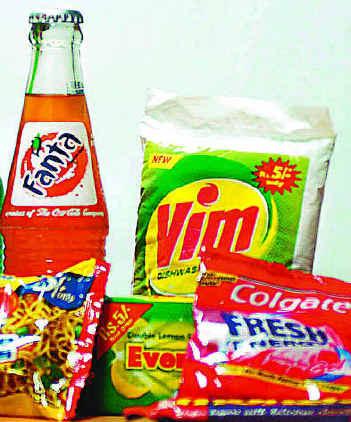Anonymous shoppers are becoming passe. As domestic retailers expand, they are adopting newer techniques to unravel the mysteries behind people’s buying patterns. As a result, investment on tracking consumer behaviour is at an all-time high for almost all the top-line chains, including Future Group, Reliance Retail, Landmark, Raymond, Shoppers Stop and Koutons Retail.
Big retailers are experimenting with a host of newer methods — IT solutions, RFID, factory visits for customers, monitoring surveillance system footage, point-of-sales system and appointing trained researchers for front line sales positions — to tap consumer behaviour. Such data is used to improve the store layout, merchandise range and service quality, all of which ultimately translate into improved sales.
“Mystery shoppers mainly generate information on service-related issues. But as retailers grow in scale, that alone is not enough. Hence, the need is now felt to initiate a direct touch with consumers through newer methods,” says Landmark COO Himanshu Chakrawarti. In Landmark’s case, such research has already paid off. Based on consumer feedback, the chain has introduced personal technology products like MP3 and MP4 players, which are doing very well.
Adds Raymond president (retail & FMCG) Aniruddha Deshmukh: “Besides mystery shopping, we use footage from surveillance cameras, which is a very useful indicator for observing customer behaviour. We also get useful feedback from our specialised premium circle programme. There’s also a point-of-sales system, which captures transactions and billing, and shows us the patterns of purchases by customers.”
The chains have undertaken a lot of innovations. “Shoppers Stop, for instance, does a preview of new collections to loyal customers to see their reactions. Similarly, Kirtilals, a jewellery player, flies down a group of customers to its factory units in Coimbatore for a day. Pantaloons does a lot of focus groups, as does Shoppers Stop. A direct interface with key customers elicits information and helps gauge their preferences,” Retailers Association of India CEO Gibson Vedamani told ET.
While global biggies like Wal-Mart, Carrefour and Tesco have adopted radio frequency identification (RFID), the likes of Future Group and Reliance Retail are in the early stages of RFID adoption. “RFID has high implementation cost. But several Indian retailers have tested such RFID solutions and this will now pick up,” said Dharmesh Lamba, country manager, Checkpoint Systems, an US-based retail technology solutions provider.
Till lately, there have been instances when senior management officials of retail stores used to frequent shop floor to get a first-hand view of consumer feedback. But with expansion now becoming the mantra across the sector, the chains are adopting newer solutions on the lines of their Western counterparts





No comments:
Post a Comment